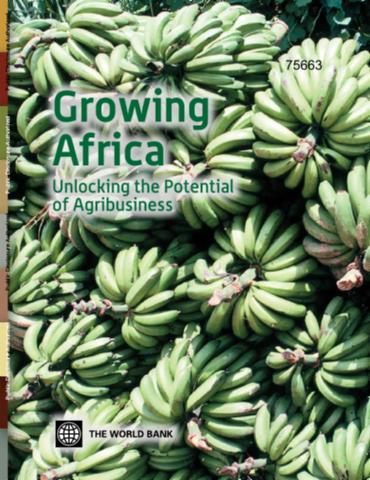Responding to Higher and More Volatile World Food Prices
Following the world food price spike in
2008 and again in 2011, there has been increased attention
on better understanding the drivers of food prices, their
impacts on the poor, and policy response options. This paper
provides a simple model that closely simulates actual
historical food price behavior around which the analysis of
the drivers of food price levels, volatility, and the
associated response options is derived. Future food prices



